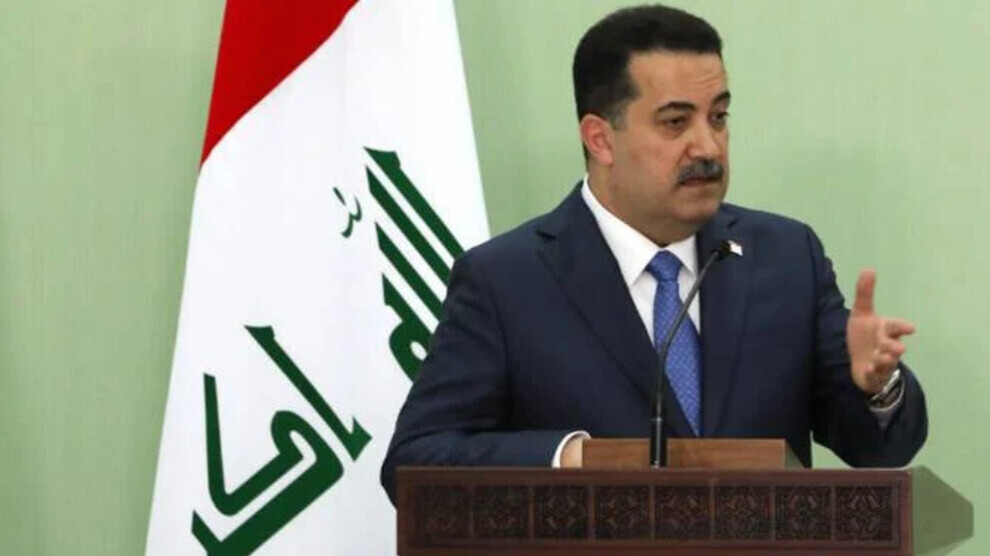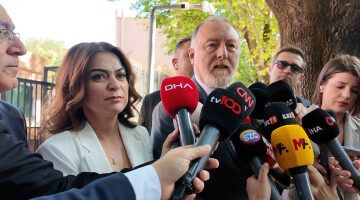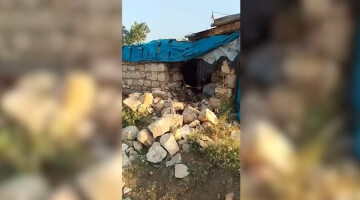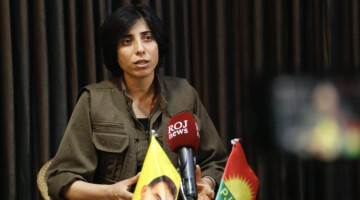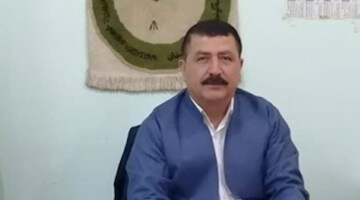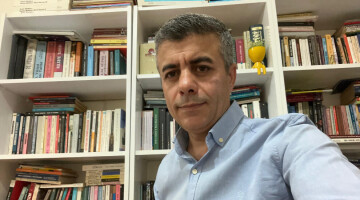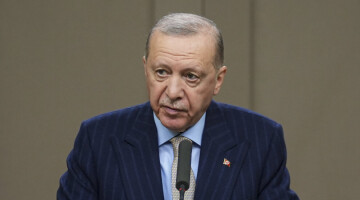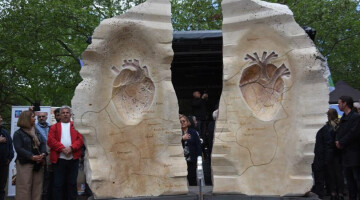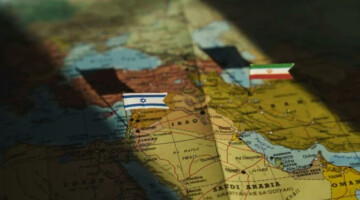Mohammed Shia al-Sudani, whose government is backed by parties considered close to Iran, has signaled in recent weeks that he wants foreign troops stationed in Iraq to leave the country. However, this new announcement was made against the backdrop of the war between Israel and Hamas.
On Thursday, a commander and another member of the al-Nujaba movement, part of the Hashd al-Shaabi coalition, were killed in Baghdad by a US drone strike. Washington called it "an act of self-defence", while Baghdad described it as "aggression" by the international coalition.
On Friday, Sudani reaffirmed his "firm position on ending the existence of the international coalition", saying "because the coalition's raison d'être has come to an end".
Speaking at a memorial service for Qassem Soleimani, the former architect of Iran's military operations in the Middle East who was killed by a US drone strike in Baghdad in January 2020, Sudani said that a "dialogue" through a "bilateral committee" should "determine the modalities for ending this existence".
The US and international coalition troops deployed in Iraq since 2014 in the fight against ISIS have been the target of almost daily attacks in Iraq and Syria since the start of hostilities between Israel and Hamas in Gaza in October.
Most of these attacks have been claimed by the "Islamic Resistance in Iraq", linked to the Hashd al-Shaabi, which is considered an ally of Iran and has been formally integrated into regular Iraqi troops.
The International Coalition led by Washington includes several countries, including France and Spain. This coalition was formed at a time when ISIS controlled large areas in Iraq and Syria. As part of this coalition, Washington has 2,500 troops in Iraq and 900 in Syria.

